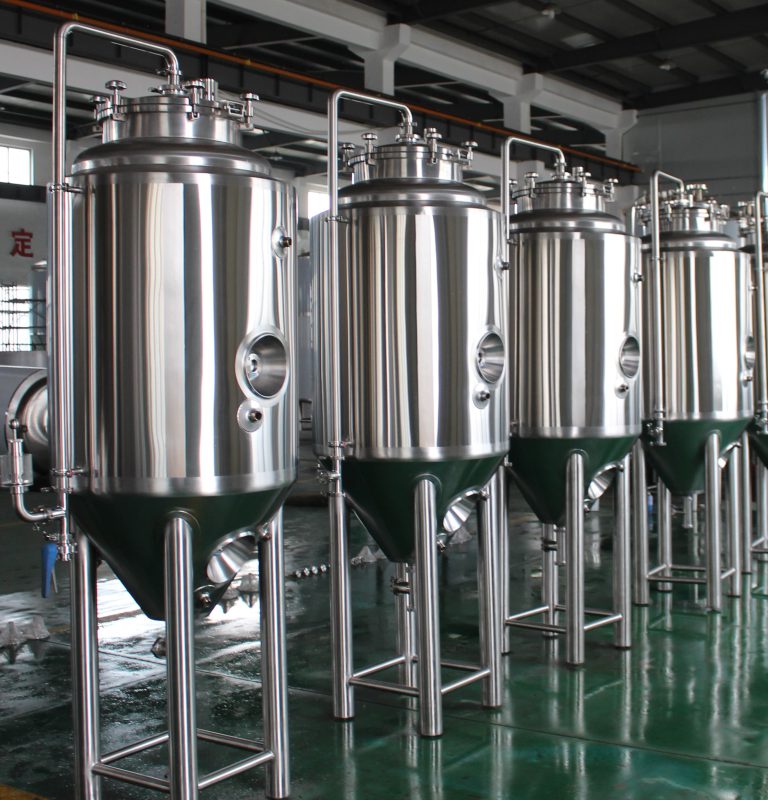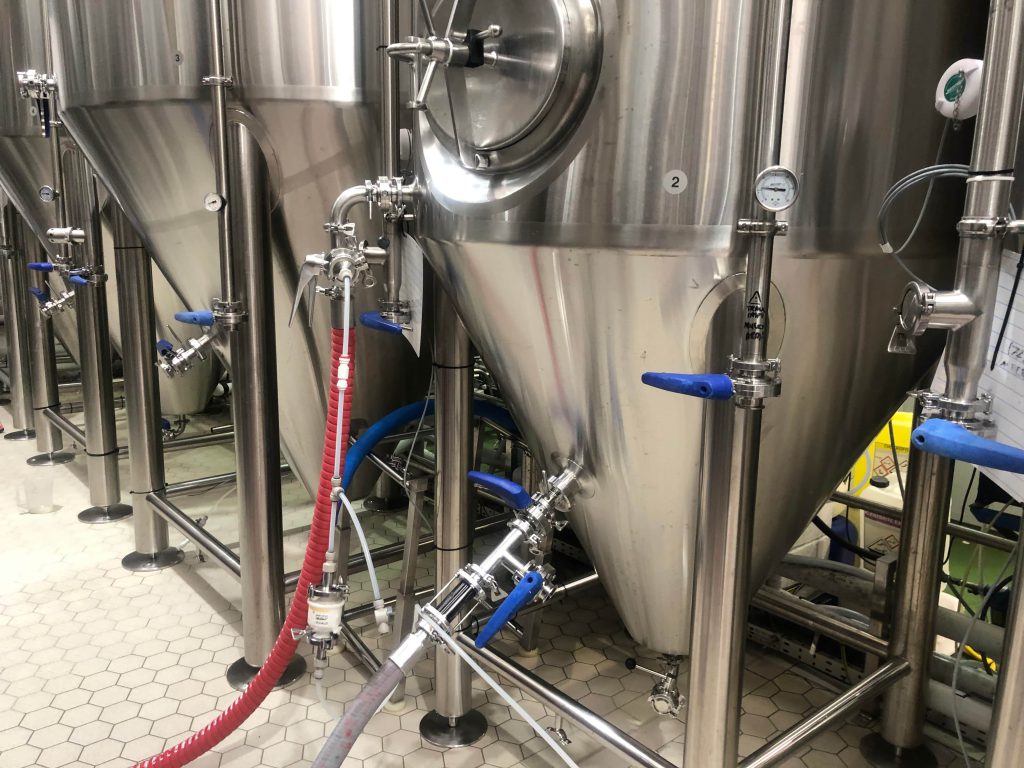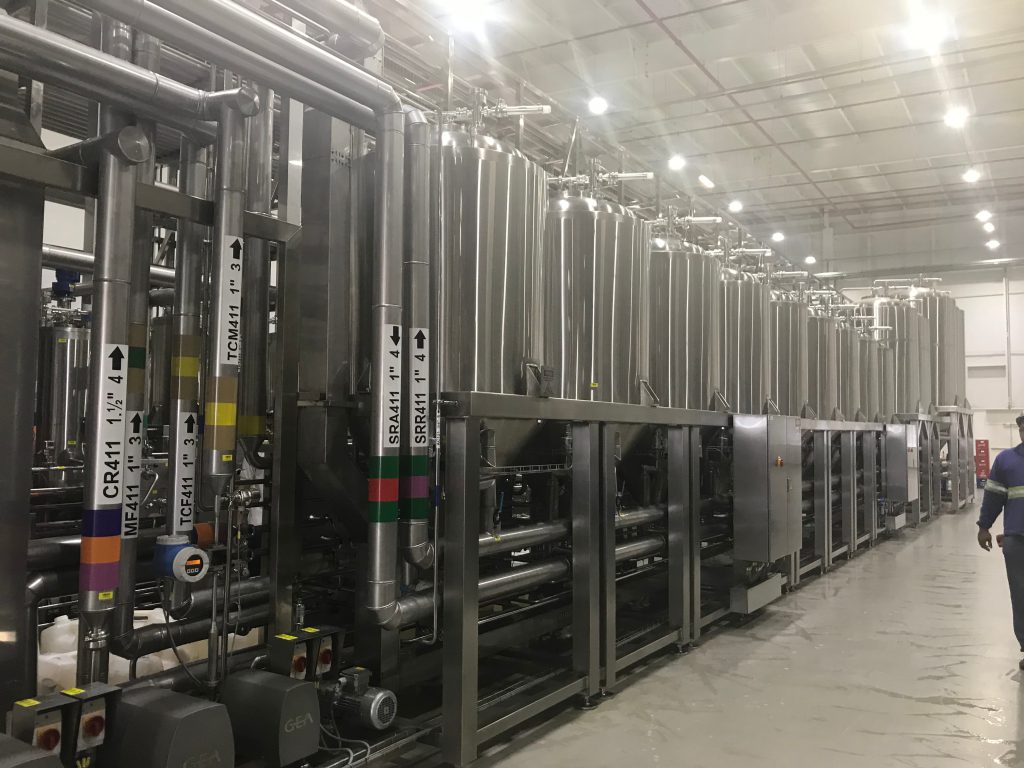Introduction

Welcome to the ultimate guide on professional beer making equipments. Whether you’re a seasoned brewer or just starting your journey into the craft, having the right beer making equipments is crucial for producing high-quality, delicious beer. This comprehensive article delves into the essential components of a professional beer making setup, covering everything from basic brewing kits to advanced systems. We will explore the various beer making equipments, their functions, and how to choose the best ones for your needs. Understanding the nuances of each piece of equipment will empower you to make informed decisions for your brewing endeavors.
Essential Beer Making Equipments for Beginners
For those new to home brewing, starting with a basic set of beer making equipments is essential. These kits typically include:
- Brewing Kettle: A large pot used for heating the wort.
- Fermenter: A container for fermenting the beer.
- Airlock: Allows CO2 to escape while preventing contaminants from entering.
- Bottling Bucket: Used for priming and bottling the beer.
- Bottling Wand: Simplifies the bottling process.
- Hydrometer: Measures the specific gravity of the beer.
- Thermometer: Monitors the temperature during brewing and fermentation.
These basic beer making equipments provide a solid foundation for producing your first batches of beer. Starting with these core items ensures a smooth introduction to the art of home brewing, allowing you to learn the fundamentals without overwhelming complexity.
Advanced Beer Making Equipments for Professional Brewers
As your skills and ambitions grow, you may want to upgrade to more advanced beer making equipments. These systems offer greater control and efficiency:
- All-Grain Brewing Systems: These systems allow for precise temperature control and step mashing.
- Conical Fermenters: These fermenters simplify yeast harvesting and reduce sediment.
- Counterflow Chillers: Quickly cool the wort, minimizing the risk of contamination.
- Kegging Systems: Offer a convenient way to store and serve beer.
- Temperature Controllers: Ensure precise fermentation temperatures.
Investing in these advanced beer making equipments can significantly enhance the quality and consistency of your beer. These professional-grade tools provide the precision and reliability necessary for crafting exceptional brews on a larger scale.
The Importance of Quality Beer Making Equipments
Using high-quality beer making equipments is essential for several reasons:
- Consistency: Quality equipment ensures consistent results, batch after batch.
- Efficiency: Well-designed equipment streamlines the brewing process.
- Durability: Durable equipment lasts longer, providing a better return on investment.
- Safety: High-quality equipment is designed with safety in mind.
Investing in quality beer making equipments is an investment in the quality of your beer. Substandard equipment can lead to inconsistencies, contamination, and even safety hazards, ultimately affecting the final product.
Key Components of a Professional Beer Making System
A professional beer making system consists of several key components:
- Mash Tun: Used for mashing the grains.
- Lauter Tun: Separates the wort from the spent grains.
- Brew Kettle: Boils the wort.
- Fermenter: Ferments the wort into beer.
- Conditioning Tanks: Stores and conditions the beer.
- Filtration System: Removes impurities from the beer.
- Packaging Equipment: Bottles or kegs the finished beer.
Each of these components plays a crucial role in the beer making process. The seamless integration of these components ensures a smooth and efficient brewing workflow.
Understanding Fermentation Equipments
Fermentation is a critical stage in beer making, and having the right fermentation equipments is essential. Key equipments include:
- Fermenters: Available in various materials and sizes.
- Airlocks: Prevent contamination while allowing CO2 to escape.
- Temperature Controllers: Maintain precise fermentation temperatures.
- Hydrometers: Monitor the progress of fermentation.
Proper fermentation equipments ensure a clean and consistent fermentation process. Accurate temperature control and contaminant prevention are vital for achieving the desired flavor profile and quality.
Beer Making Equipments Maintenance and Cleaning
Proper maintenance and cleaning are essential for ensuring the longevity and performance of your beer making equipments. Key practices include:
- Regular Cleaning: Clean all equipments after each use.
- Sanitization: Sanitize equipments to prevent contamination.
- Inspection: Regularly inspect equipments for wear and tear.
- Proper Storage: Store equipments in a clean, dry place.
Following these maintenance and cleaning practices will keep your beer making equipments in top condition. Neglecting maintenance can lead to equipment failure and contamination, compromising the quality of your beer.
Beer Making Equipments Table

Here is a table outlining some essential beer making equipments and their functions:
| Equipment | Function |
|---|---|
| Brewing Kettle | Heating the wort |
| Fermenter | Fermenting the beer |
| Airlock | Allowing CO2 to escape |
| Bottling Bucket | Priming and bottling |
| Hydrometer | Measuring specific gravity |
| Thermometer | Monitoring temperature |
| Mash Tun | Mashing grains |
| Lauter Tun | Separating wort |
| Counterflow Chiller | Quickly cooling wort |
| Kegging system | storing and serving beer |
Conclusion
Investing in the right beer making equipments is crucial for producing high-quality beer. Whether you’re a beginner or a professional brewer, having the essential equipments and understanding their functions will elevate your brewing experience. From basic kits to advanced systems, the right tools will help you achieve consistent and delicious results. Start your journey today and explore the world of professional beer making equipments. To begin crafting your perfect brew, contact us today to find the ideal beer making equipments for your brewing needs.
FAQ
What are the essential beer making equipments for beginners?
Beginners should start with a basic kit that includes a brewing kettle, fermenter, airlock, bottling bucket, bottling wand, hydrometer, and thermometer. This set provides the fundamental tools required to initiate the brewing process.
How do I clean and sanitize my beer making equipments?
Clean all equipments with a brewery cleaner immediately after use, and sanitize before using. Proper cleaning and sanitization are crucial for preventing unwanted microbial growth and maintaining the beer’s quality.
What is the difference between an all-grain system and an extract system?
An all-grain system uses malted grains, while an extract system uses malt extract. All-grain brewing allows for greater control over the beer’s flavor profile, while extract brewing is simpler and faster.
What are conical fermenters?
Conical fermenters are designed to simplify yeast harvesting and reduce sediment. Their conical shape facilitates the collection of yeast and sediment at the bottom, improving beer clarity.

